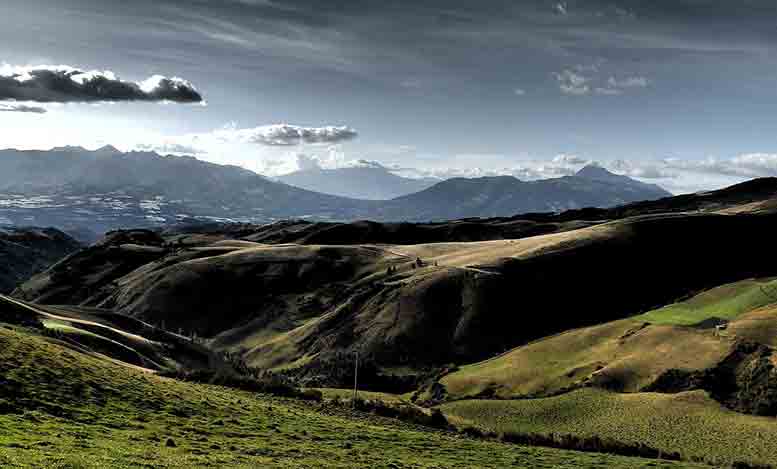Ecuador has set the stage for development of country’s hemp industry with the release of regulations from the Ministry of Agriculture that will guide such things as seed production, farming, processing, marketing, export and other links in the hemp production chain, among others.
For Ecuadoran hemp advocates, “Agreement 109,” the 48 pages of detailed rules will be a document to remember.
Cáñamo Industrial Ecuador, a non-profit agricultural organization, in a tweet, praised “a historic milestone . . . with the signing of Ministerial Agreement 109. The regulation for licensing in the cultivation, processing, commercialization and export of industrial hemp and medicine up to 1% THC enters into force!”
‘A new era’
The day the regulations were issued “will remain engraved in our memory as the beginning of a new era for agriculture in Ecuador,” EcuaCáñamo, the Ecuadorian Association of Medicinal and Industrial Hemp, said in a statement on its website. “This regulation will allow a wide spectrum of actions for those who decide to enter agribusiness, especially with regard to research and development, with the potential to turn the country into an important actor in these fields.”
The groups said they hope hemp production will give a boost to the Ecuadorian economy.
The regulations specify requirements under various categories of licenses, which will be valid for 10 years and can be renewed 90 days in advance of the expiration date.
The Ecuadoran National Assembly cleared the way for the hemp industry when it decriminalized the cultivation and production of cannabis products in September 2019, setting the limit for THC in hemp at 1.0%
Standards and control
Other key regulations in Agreement 109:
• The Undersecretariat of Agricultural Production will issue technical standards and protocols for application of the regulations, and control the industry.
• Producers of industrial products must obtain the corresponding licenses to be able to market in Ecuador and abroad.
• The national agriculture information agency is to create a National Register of Licensees that contains information on licenses that have been issued, suspended, revoked or not renewed.
• Importing of hemp seeds must be authorized by the Ministry of Agriculture. Seeds must be used by the importers directly or traded to other authorized parties who will plant them.
• The export of seeds will be regulated under the Organic Law of Agricultural Health. The export of derivatives will be done only by those licensed for that activity.

